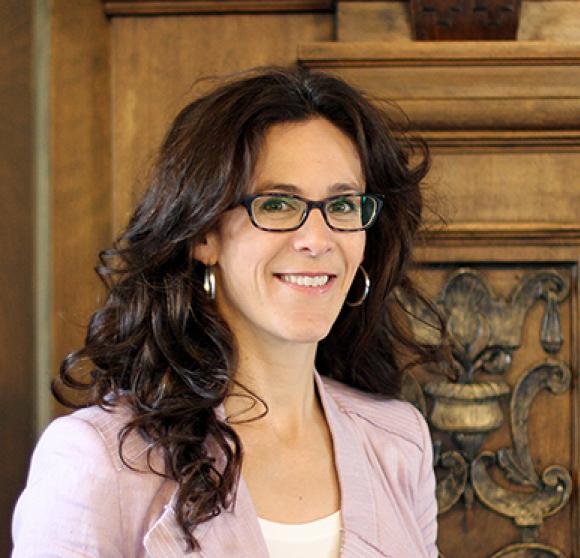
Laura Wiliamson Ambrose is Associate Professor and Department Chair of Humanistic Studies at Saint Mary’s College in Indiana. She learned about LibreTexts from a colleague in the Chemistry department as they worked to enhance the research culture on Saint Mary’s campus. Dr. Ambrose is quick to point out that the Humanities does not have the same problem with affordability as other disciplines because most classes in her discipline do not use textbooks. However, there is some cost involved for students taking her classes, even if it’s minimal; for example, the editions she prefers, while not as expensive as a traditional textbook, are still more expensive (around $15-$35) because of the additional content (e.g. an introduction, scholarly analysis, etc) provided by the publisher, and she doesn’t use all of the extra content the in these texts which means students are paying for content they don’t need. While there is definitely a place for OER in the Humanities, Dr. Ambrose believes it is important to recognize that, unlike in STEM fields where content can be reasonably relied upon as accurate and timely, any account of the past is written from a very particular and subjective point of view and must be viewed with a critical eye toward bias.
In LibreTexts, Dr. Ambrose found a way to get her early modern literature student researchers more involved in the creation of OER as a way to drive down the cost of education while also making it more accessible. To her, access to education transcends affordability and leads to a greater understanding of complex texts; it’s about breaking down barriers to texts that are traditionally seen as more intimidating to students. She developed a three year plan to have students use LibreTexts to create content for future courses beginning in January of 2019. Her plan was to create as authentic an experience as she could for the students by asking her student researchers to create what she refers to as an “inside out textbook.” She began by asking them about their research interests; their responses were heavily centered around the history of gender and place so Dr. Ambrose chose Macbeth as their primary text. She then asked her students to create a pilot text by writing what they call “context essays” that cover topics of interest related to their research, the idea being these essays will help future students better understand the text. The students checked in with her every couple of weeks to help them stay on track while creating their text.
Thus far Dr. Ambrose has rolled out two student authored OER texts using LibreTexts, and has found that her students have been very engaged in the process; most recently her students created an OER for John Foxe’s Book of Martyrs, and another group is working on an OER for Thomas More’s Utopia. Long term she would like to engage students in other courses to contribute essays on additional texts for inclusion in LibreTexts Humanities library with the hope that she can one day assign their work in her courses. While this work is not necessarily intended to become a primary text for a course, she believes it allows students to recognize the power of creating knowledge as well as providing them with a useful skill set for the future.
To learn more about Dr. Ambrose’s work, you can contact her at: [email protected].
